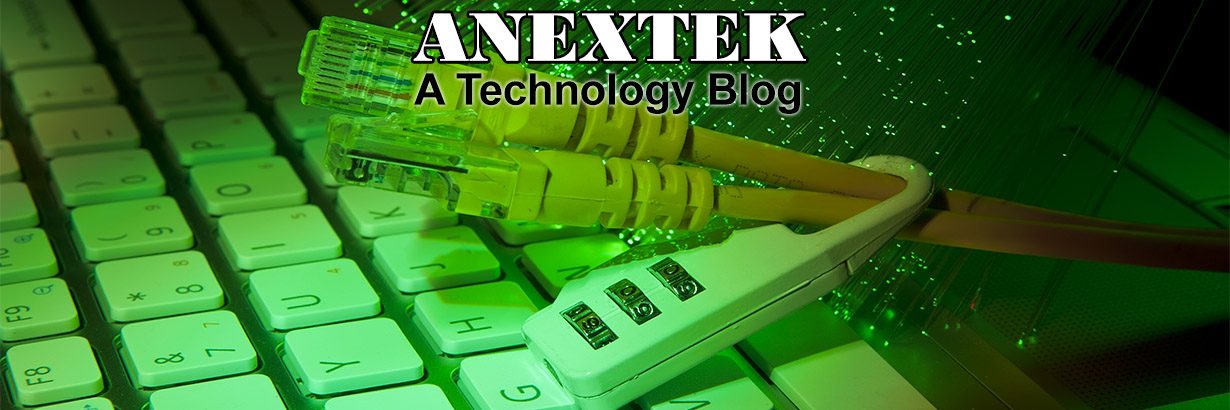The healthcare industry is one of those industries that must deal with enormous amounts of data, owing to a large number of patient medical records, medication records and others. Therefore, data processing has become extremely vital for the healthcare systems, as the data can be easily collected from different sources and in different formats.
EDI not only minimizes transactions and other costs, improves security and productivity but also helps in the standardization of data interchanges.
According to experts, EDI healthcare transactions allow hospitals and other healthcare facilities, cut down handling costs which are required for processing healthcare documents. Information can be easily sent and received through EDI transactions. This will help to reduce the time that is required for data processing and operational time.
Healthcare EDI systems also ensure that the data transfer between healthcare providers and payers is completely secured. This data can only be accessed by authorized users.
The use of EDI for healthcare transactions improves productivity by making data transmissions more accurate, efficient and quicker. Since there is limited human intervention in the data exchange process, therefore there are few errors.
Now our healthcare systems need to collaborate and get rid of different formats that have been used for decades. This step will help in the efficient and secure transfer of electronic information. It will also improve overall data quality. The use of standardized electronic healthcare transactions will make the methods of healthcare information management quite simple, which will ultimately provide more opportunities for healthcare professionals.

